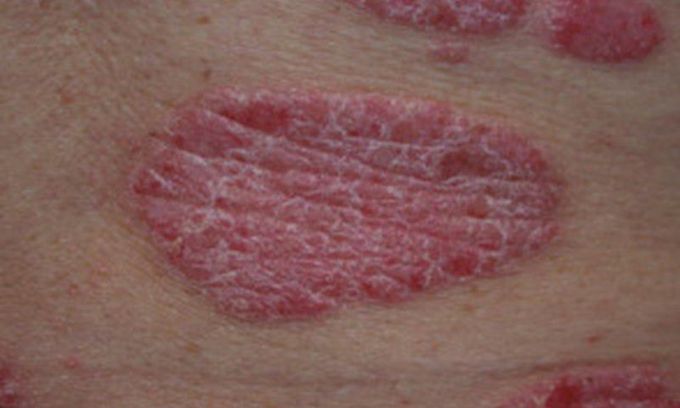


Psoriasis
Psoriasis is a chronic (long-lasting) disease in which the immune system becomes overactive, causing skin cells to multiply too quickly. Patches of skin become scaly and inflamed, most often on the scalp, elbows, or knees, but other parts of the body can be affected as well. Scientists do not fully understand what causes psoriasis, but they know that it involves a mix of genetics and environmental factors. The symptoms of psoriasis can sometimes go through cycles, flaring for a few weeks or months followed by periods when they subside or go into remission. There are many ways to treat psoriasis, and your treatment plan will depend on the type and severity of disease. Mild psoriasis can often be successfully treated with creams or ointments, while moderate and severe psoriasis may require pills, injections, or light treatments. Managing common triggers, such as stress and skin injuries, can also help keep the symptoms under control. Having psoriasis carries the risk of getting other serious conditions, including: Psoriatic arthritis, a chronic form of arthritis that causes pain, swelling, and stiffness of the joints and places where tendons and ligaments attach to bones (entheses). Cardiovascular events, such heart attacks and strokes. Mental health problems, such as low self-esteem, anxiety, and depression. People with psoriasis may also be more likely to get certain cancers, Crohn’s disease, diabetes, metabolic syndrome, obesity, osteoporosis, uveitis (inflammation of the middle of the eye), liver disease, and kidney disease.

